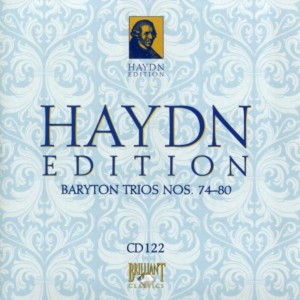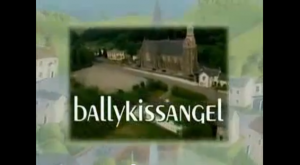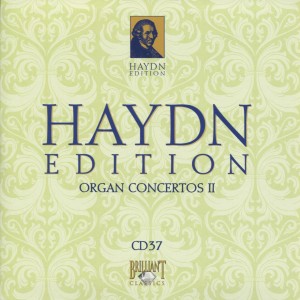 One song from today’s baryton trios really jumped out at me: Movement III (“Finale: Scherzo Presto”) from Haydn Baryton Trio No. 76 in C.
One song from today’s baryton trios really jumped out at me: Movement III (“Finale: Scherzo Presto”) from Haydn Baryton Trio No. 76 in C.
I would bet dollars to donuts (what does that mean, anyway?) I’ve heard that before, possibly on one of my favorite BBC TV shows, Ballykissangel.
It’s not the theme song. That much I know.
But it sounds remarkably like snippets of incidental music I’ve heard in that wonderful series.
 At least, I think I’ve heard those sounds in Ballykissangel. Or was it Doc Martin? No. Must have been Ballykissangel.
At least, I think I’ve heard those sounds in Ballykissangel. Or was it Doc Martin? No. Must have been Ballykissangel.
Yet, if that’s true, then why can’t I find mention of it when I Google the name of the baryton trio and the name of the TV show?
I’ll keep digging.
Hey, something else of interest. I just discovered the pdf booklet that comes with the Brilliant Classics Haydn Edition:
The baryton’s technical limitations meant that the vast majority are in the keys of A (the easiest of all for the baryton), D and G, with a correspondingly narrow range of modulation within movements. The dark, husky instrumental palette lends itself particularly well to stately slow movements, something of a speciality in these trios.
See? Even I – a chap without a degree in musicology – knew that the baryton trios were mostly in the key of A, and were mostly slow in tempo.
Yeah. You with your Ph.D. in Musicology and your room-temperature brie and ever-so-slightly chilled Pinot Grigio. Yeah. Who’s laughing Continue reading


